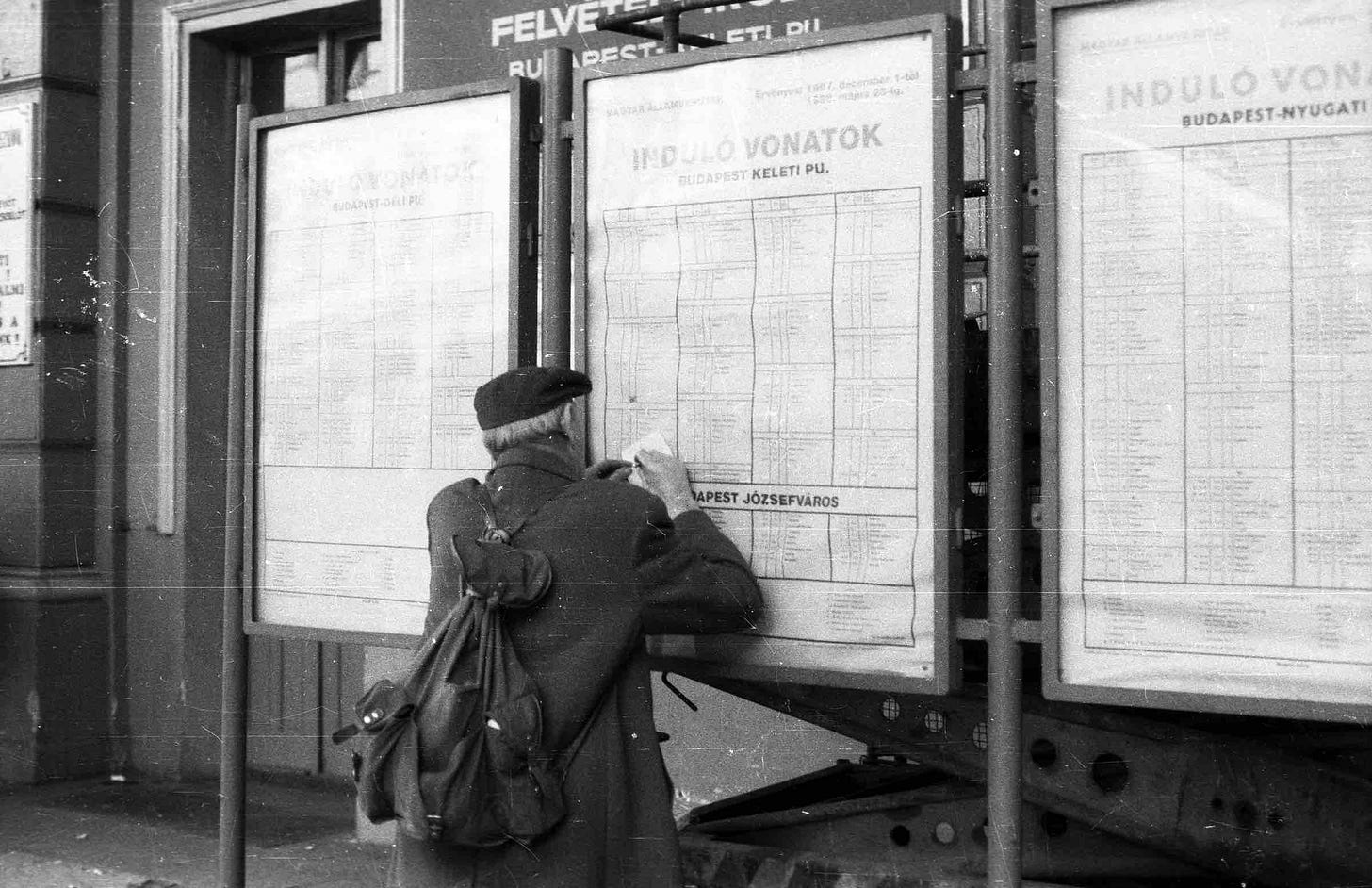Off we go
Preparing for a short trip
From 2004 to 2009, I lived and taught in Budapest. During my five years there, I explored the city so thoroughly that I ended up writing an essayistic travelogue that went through multiple printings. Despite returning for short visits from time to time, my most recent visit was seven years ago. However, at the moment this article is published, I’ll be heading to Budapest for a brief stay.
How, I wondered beforehand, do I prepare for a journey to a destination I know inside out, yet one that has probably changed considerably? Sure, I can go through my old records and see if my favorites still appeal to me, or consult my local friends and acquaintances. However, as I was getting ready, I became ambitious and started thinking about the best way to plan a short trip from home. How do I avoid wasting time on site, overlooking things that are just around the corner, standing in front of closed doors, or having to choose a restaurant on an empty stomach in bad weather? Conversely, how can I ensure there’s enough freedom to go off-script and make serendipitous finds?
Following the release of my book on quality, many readers have asked me about the concrete steps I take to find great things and forge memorable experiences. So I figured it would be a good idea to share my process here.
Seven tips for a well-prepared short trip
1) To save time on site, it’s worth taking care of certain practical things like setting up the local public transport app at home. Who wants to enter their credit card details into a foreign-language app with a poor internet connection and miss their train because of it?
2) There’s nothing worse than having a bad meal upon arrival or on your first morning, simply because you haven’t researched reliable addresses. Therefore, it’s worth investigating a good bakery or a local food stand in advance. Moreover, the people who work there likely point you to other worthwhile spots.
3) My top travel tip: Find a cool spot (a cafe, a shop, a bar) and explore the neighborhood on foot from there. This approach gracefully merges readiness and improvisation.
4) Recommendations – whether from locals, in forums, or from guidebooks – are only helpful if you’re on the same wavelength. Someone who, for example, has no appreciation for fine dining will always consider it overpriced. Thus, be wary of customer comments found on the internet.
5) When using a search engine for research, one should exercise great caution regarding commercial content. That’s one reason why I use the ad-free search engine Kagi.
6) Some good starting points for travel research:
The New York Times’ 36-Hours column
The Guardian’s travel section
Monocle magazine’s travel guides
The Michelin Guide’s Bib Gourmand, featuring restaurants offering „exceptionally good food at moderate prices“
It’s a good idea to maintain a document in which you jot down tips and ideas, even without concrete travel plans, so that you can return to them later.
7) Finally, a trick: If you’ve found something promising in a reputable publication, then put it into a search engine. Through this method, you often discover excellent site-specific sources, such as interviews with locals or blogs by individuals who monitor the local scene.
Save travels!



As luck would have it, my last short city break also took me to Budapest. The occasion was my son's graduation. We were there together. That was about eight years ago now. These days, I avoid big cities, and generally short trips as well. Partly, this has to do with the feeling you describe: the fear of wasting time, missing out on something, or ending up not seeing something at all. I've come to appreciate leisure and idleness. Perhaps it's also an age thing. :)